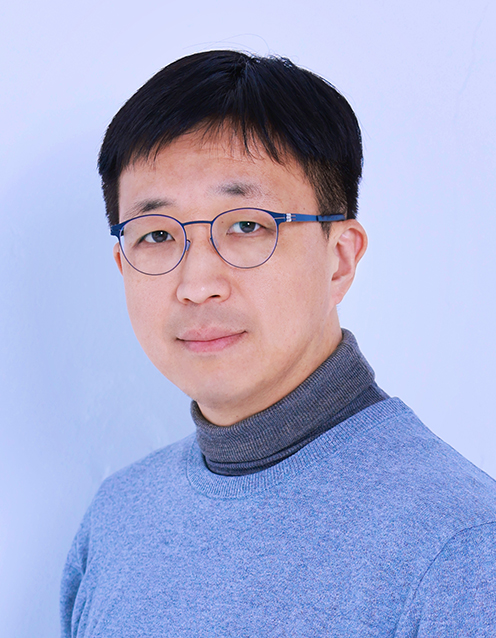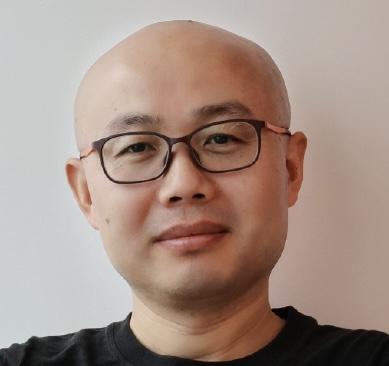
Call for Papers
Organizers
Program Committee
Program
Past workshops:
HASP 2024
HASP 2023
HASP 2022
HASP 2021
HASP 2020
HASP 2019
HASP 2018
HASP 2017
HASP 2016
HASP 2015
HASP 2014
HASP 2013
HASP 2012

Although much attention has been directed to the study of security at the system and application levels, security and privacy research focusing on hardware and architecture aspects is still a new frontier. In the era of cloud computing, smart devices, and novel nano-scale devices, practitioners and researchers have to address new challenges and requirements in order to meet the ever-changing landscape of security research and new demands from consumers, enterprises, governments, defense and other industries.
HASP is intended to bring together researchers, developers, and practitioners from academia and industry, to share practical implementations and experiences related to all aspects of hardware and architectural support for security and privacy, and to discuss future trends in research and applications. To that end, papers are solicited from the areas, including, but not limited to:
Authors can submit the following types of papers:
Submission Deadline: Aug. 10, 2025 (final extended deadline) by end of day Anywhere on Earth (AoE)
Notification of Acceptance: Sep. 2, 2025 Sep. 9, 2025
Camera-Ready Version:Sep. 15, 2025 Sep. 22, 2025
Physical Workshop: Oct. 19, 2025
*Due to delays in the MICRO58 workshop website, all important dates for HASP25 have been postponed by one week.
All submissions must be using the double-column ACM ICPS template. LaTeX template is preferred. Please use the ACM Standard template in the usual two-column format. The template can be found here.
The submissions should be anonymized for double-blind review.
Regular submissions (Research paper, SoK, position paper) must be at most 8 pages including the bibliography and appendices (these papers may be recommended for acceptance as short 4 page papers during the review process, but full-length papers should be initially submitted if authors want to be considered for a full-length paper publication). Short papers (Research paper, WiP) must be at most 4 pages including the bibliography and appendices.
All accepted reserch papers, SoK papers, position papers will be included in the ACM Digital Library; WiP papers are not included. The proceedings will be published through ACM ICPS following the open access model and available through the ACM Digital Library. Read more in the open access section at the end of this page.
Papers can be submitted on the EasyChair web page: https://easychair.org/conferences?conf=hasp2025.

John Kim is a full professor in the School of Electrical Engineering at KAIST (Korea Advanced Institute of Science and Technology) in Daejeon, Korea. John Kim received his Ph.D. from Stanford University and B.S/M.Eng from Cornell University. His research interests include computer architecture, interconnection networks, security, and accelerators & PIM. He has received a Google Faculty Research Award and Microsoft-Asia New Faculty Fellowship. He is listed in the Hall of Fame for ISCA, MICRO, and HPCA and is an IEEE Fellow.

Shoumeng Yan is the CTO of Ant Misuan, a subsidiary of Ant Group. His current research interests include secure systems, trusted execution environments, and FHE accelerators. He initiated and led the development of several open-source secure systems, including Occlum, HyperEnclave, and Asterinas. His work has been published in top-tier venues such as HPCA, ISCA, ASPLOS, Security, CCS, and ATC.

Trevor E. Carlson is an Associate Professor of Computer Science at the School of Computing at the National University of Singapore (NUS). He earned B.S. and M.S. degrees in Electrical and Computer Engineering from Carnegie Mellon University in 2002 and 2003, and his Ph.D. in Computer Science Engineering from Ghent University in 2014. His research interests include highly-efficient microarchitectures, hardware/software co-design, performance modeling and fast and scalable simulation methodologies. Dr. Carlson has over a decade of computer architecture experience covering both industry and academia. Dr. Carlson has received a number of awards for his research into simulation, sampling and modeling. He is a recipient of the Best Paper Award at the International Conference on Embedded Computer Systems: Architectures, Modeling and Simulation in 2016, and the Best Paper Award at the International Symposium on Performance Analysis of Systems and Software in 2013.
ACM has introduced a new open access publishing model for the International Conference Proceedings Series (ICPS). Authors based at institutions that are not yet part of the ACM Open program will be required to pay an article processing charge (APC) to publish their ICPS article in the ACM Digital Library, unless one of their co-authors' institutions is a member or they qualify for a waiver. To determine whether or not an APC will be applicable to your article, please follow the detailed guidance here: https://www.acm.org/publications/icps/author-guidance.
For 2025, ACM is subsidizing APC pricing for ICPS as follows: